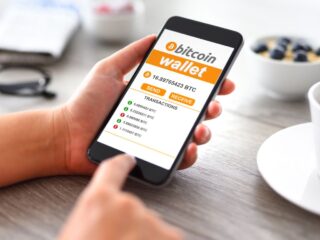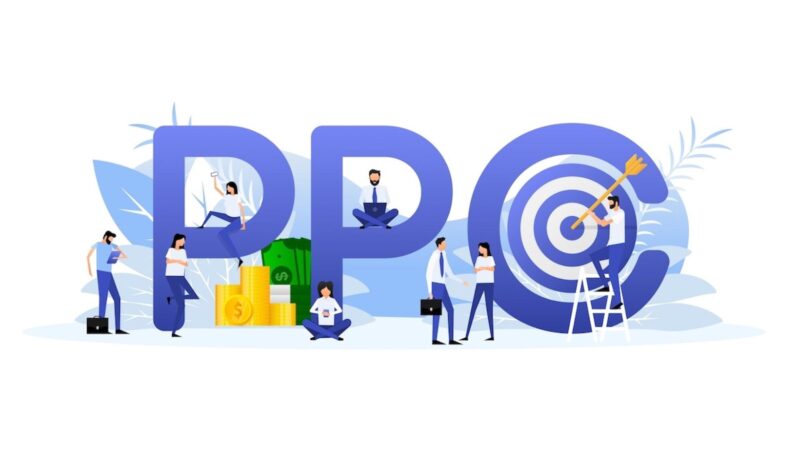
Are you new to programming and feeling overwhelmed? Don’t worry, every programmer started as a beginner at some point. With the right approach and mindset, you can learn programming faster and more efficiently. Here are 10 essential tips to accelerate your programming journey.
- Choose the Right Language
The first step is choosing a programming language that aligns with your goals. Some popular beginner-friendly languages include Python, JavaScript, and Ruby. Consider what you want to build – websites, mobile apps, games, etc. and pick a language that is commonly used in that domain.
According to ITIL Certification Australia, choosing a programming language when starting to learn programming is important because it allows you to focus on learning one set of syntax and concepts, providing a solid foundation for understanding common principles shared by many languages. It ensures your learning efforts are aligned with your career goals, whether in web development, data science, or another field. Additionally, selecting a language with ample beginner-friendly resources, communities, and support facilitates a smoother learning experience, reducing complexity and avoiding overwhelm.
- Start with the Basics
Don’t jump into advanced concepts right away. Begin by learning the core programming fundamentals – variables, data types, control structures, functions, etc. Mastering these basics will make it easier to grasp more complex topics later on.
- Code Regularly
The best way to learn programming is by doing. Set aside dedicated time each day to write code, even if it’s just for 30 minutes. Consistent practice is key to building your programming skills. You can find coding exercises and project ideas online to work on.
- Break Down Problems
When faced with a coding challenge, break it down into smaller sub-problems. Tackle each piece separately and then combine the solutions. This approach makes the problem-solving process more manageable and less daunting.
- Learn by Example
One of the most effective ways to learn programming is by studying code written by others. When you encounter a new concept, find examples of how it is implemented. Dissect the code line-by-line to understand how it works. You can learn more here about finding great coding examples and resources.
- Embrace Debugging
Bugs are inevitable in programming. Instead of getting frustrated when your code doesn’t work, embrace the debugging process. Use print statements or a debugger to identify where the issue lies. Debugging is a valuable skill that you will develop with experience.
- Collaborate with Others
Programming doesn’t have to be a solo endeavor. Join coding communities, attend meetups, or find a study group. Collaborating with other programmers allows you to learn from their experiences, get feedback on your code, and stay motivated.
- Take Breaks
Learning to code can be mentally taxing. Remember to take regular breaks to avoid burnout. Step away from the computer, go for a walk, or do something relaxing. Taking breaks actually boosts productivity and helps you retain information better.
- Build Projects
As you gain more programming knowledge, start building your own projects. This could be a simple website, a mobile app, or a game. Building projects reinforces your learning and gives you something tangible to showcase in your portfolio.
- Keep Learning
The field of programming is constantly evolving. Make a commitment to continuous learning. Stay updated with the latest technologies, frameworks, and best practices. Read blogs, watch tutorials, and take online courses to expand your skill set.
| Tip | Benefit |
| Choose language | Aligns with goals and commonly used |
| Learn basics | Foundation for grasping advanced concepts |
| Code regularly | Builds skills through consistent practice |
| Break down problems | Makes problem-solving manageable |
| Learn by example | Understand how concepts are implemented |
| Embrace debugging | Valuable skill developed through experience |
| Collaborate | Learn from others, get feedback, stay motivated |
| Take breaks | Avoids burnout, boosts productivity |
| Build projects | Reinforces learning, creates portfolio pieces |
| Keep learning | Stay updated with latest technologies |
Conclusion
Learning programming takes time, effort, and patience. By following these 10 tips, you can accelerate your learning journey and become a proficient programmer faster. Remember, everyone learns at their own pace, so don’t compare yourself to others. Stay curious, keep practicing, and most importantly, have fun! Happy coding!












